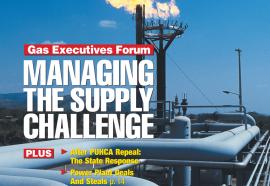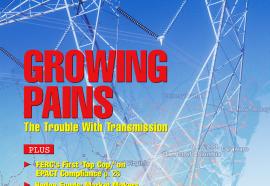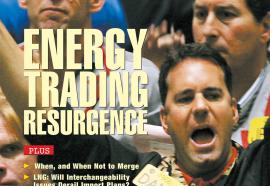Jim Lundrigan, New Haven, Conn.: After reading Gordon van Welie’s article (“New England: A Critical Look at Competition,”) I couldn’t help but think back to California in 2000. Van Welie, who is president and CEO of ISO New England, is trying to feed the citizens of New England the same brand of malarkey that the California ISO fed the California Public Utilities Commission in 2000 when wholesale and retail prices in California were perfectly linked and nearly succeeded in bankrupting the wealthiest state in the country.
John S. Ferguson, Richardson, Texas: The article of Michael J. Majoros Jr. (“Rate-Base Cleansings: Rolling Over Ratepayers,”) attracted my attention, because I perceive it to propose a solution—PUCs’ need to recognize refundable regulatory liabilities—for a problem that does not exist.








